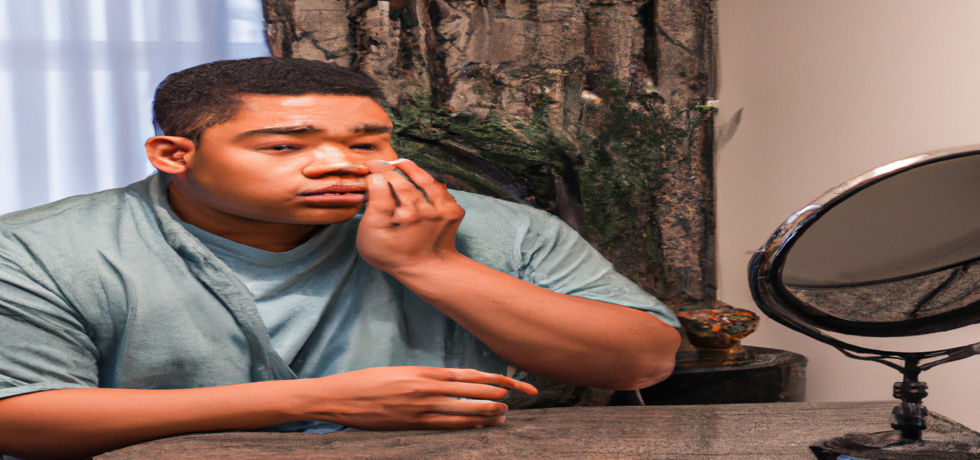
Understanding the Link Between Stress and Acne
Introduction
Stress has become an integral part of our daily lives, impacting various aspects of our health, including our skin. Among the common skin issues affected by stress, acne stands out. Understanding the link between stress and acne is essential for managing skin health effectively. While many people believe that stress directly causes acne, the truth is a bit more complex. Let’s explore how stress influences acne and what we can do about it.
How Stress Influences Acne
The relationship between stress and acne is mostly about exacerbation rather than direct causation. Stress can trigger a hormonal response that increases oil production in the skin, leading to clogged pores and, ultimately, acne. Elevated levels of cortisol, the stress hormone, can slow down the healing process of pimples, making them last longer and appear more severe. Consequently, this can contribute to a frustrating cycle for those dealing with acne. It’s crucial to recognize that while stress may not be the sole reason for acne, it certainly plays a significant role in worsening existing conditions.
Identifying Stress Acne
Stress-related breakouts typically occur in the oiliest areas of the face, commonly referred to as the T-zone, which includes the nose, chin, and forehead. Understanding the appearance of stress acne is also crucial. It often presents as a mix of whiteheads, blackheads, and red bumps, especially during periods of heightened stress. If you notice a sudden influx of these types of blemishes during stressful times, its likely that your stress levels are influencing your skin’s health.
Effective Treatments for Stress Acne
To minimize the impact of stress on your skin, adopting strategies that help manage stress is vital. Here are some approaches to consider:
- Quality Sleep: Aim for 7-8 hours of restful sleep each night to help your body recover and reduce stress.
- Mindfulness Practices: Engage in activities like yoga and meditation to promote relaxation and improve emotional health.
- Regular Exercise: Physical activity is known to boost endorphins, which can lower stress levels and support a healthy skin routine.
- Healthy Eating: Consuming a balanced diet rich in vitamins and minerals may significantly impact your skin’s resilience against stress-induced acne.
Its also advisable to connect with a dermatologist to develop an effective acne care routine tailored to your skin’s needs. Such professionals can help identify specific triggers and recommend appropriate treatments.
Conclusion
In summary, the interplay between stress and acne is significant, as stress can worsen existing skin conditions through hormonal changes and impaired healing. By managing your stress levels and practicing a proactive skincare routine, you can mitigate its effects on your skin. Consult a dermatologist for personalized advice and treatments aimed at reducing stress-related acne to reclaim your confidence and achieve clearer skin.
For Professional Assistance
For professional assistance and expert advice from leading dermatologists like Dr. Hital Patel, experience the benefits of understanding the link between stress and acne with Hair & Skin Specialist Dr. Hital Patel at The Skin Artistry. Our clinics in PDPU Gandhinagar, Vastrapur Ahmedabad, and Hyderabad (Visiting Consultant) offer top-quality care and personalized treatments. Visit us today to learn more about our services and take advantage of our special offers! For more insights, updates, or to collaborate, stay connected with The Skin Artistry.

